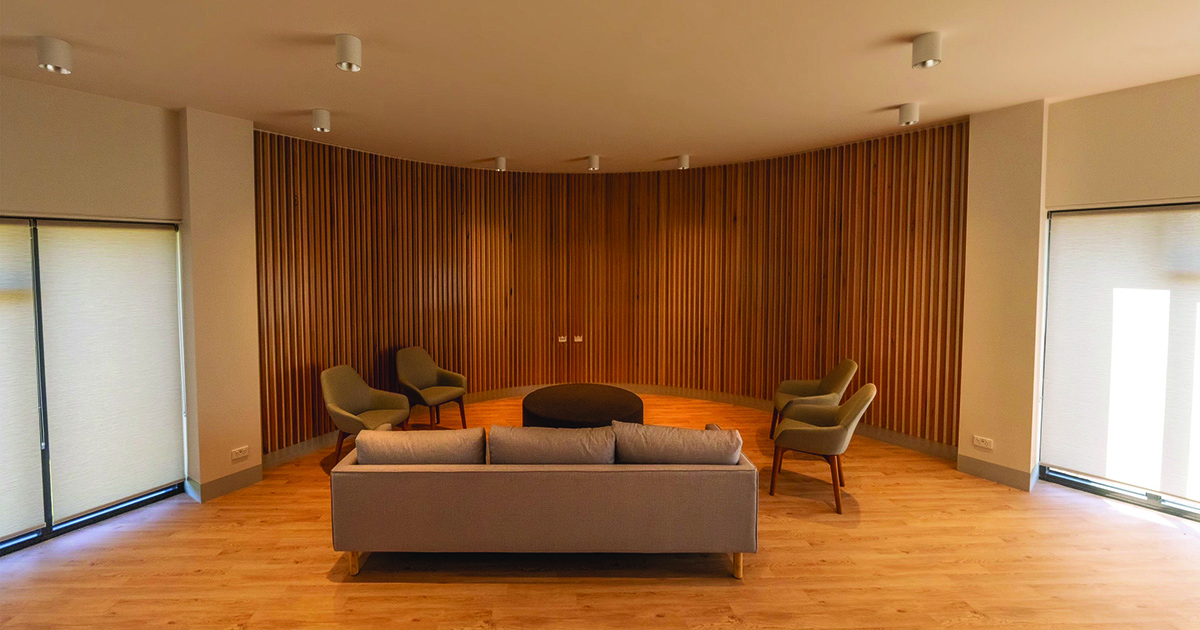
Regional Victoria
There are many personal reasons to move to regional Victoria.
Little or no traffic, fresh air, proximity to nature and a slower pace of life.
But did you know that undertaking a graduate program in a regional area can provide you with experience in more clinical areas than you might receive in a metropolitan hospital?
Jerin Jose, Continuing Educator and Support Coordinator at West Gippsland Healthcare Group says that students are under the misapprehension that regional hospitals don’t manage complex or critical patients.
‘Yes, we do send the highly critical patients to tertiary hospitals for ongoing care, but only after providing the initial acute care and stabilising the patient for transfer and that requires both nursing and medical skills.’
She says that their service offers three rotations for their cohort of 22 graduates so have a myriad of learning opportunities for their career development.
‘They get the individual attention and support. They meet their clinical educators every day, I personally catch up with them every week at least via email and have monthly clinical supervision sessions with them to make sure that they feeling supported and are doing well in the program.’
Jerin herself worked for a decade at a metropolitan hospital before moving to Gippsland for the lifestyle.
‘I love the peace and quiet that the regional area offers.’
Jerin advises students is to research the organisation and their grad program by attending info sessions and talking to current grads.
‘Do not develop a generic resume and cover letter and use that for all your applications. Make an effort to address the grad program/coordinator and show your commitment.’
How to choose a regional program
- Research the areas you think you’d like to live in based on your personal preferences and interests, and then look for the health services cover that region.
- Look at hospital websites and annual report to give you an idea if it’s a good fit for you.
- Attend any information sessions so you can talk to graduate coordinators. You might want to ask them about the rotations offered, career progression, extra training and other benefits they offer staff.
- Online groups for students and graduates can also connect you with recent graduates who’ll talk to you about their experiences.
- Research cost of living, housing and other amenities offered in the region.




